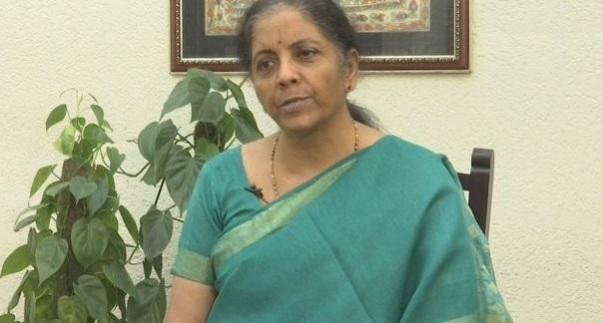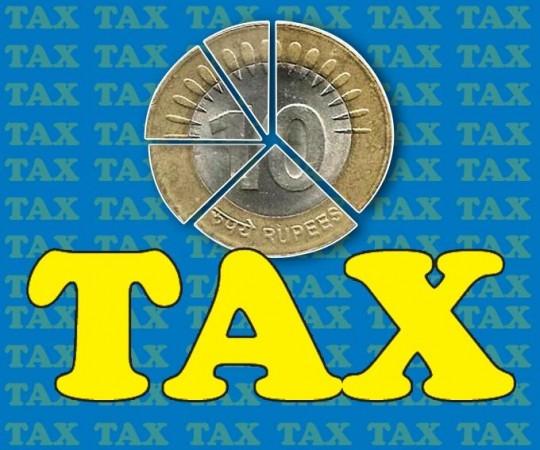There is a special hype around the budget that is presented prior to elections. Union Budget 2022-23, to be put forth by Finance Minister Nirmala Sitharaman on February 1, happens to be just that. The heightened expectations can partly be attributed to spike in Covid cases, making taxpayers anticipate reliefs and deductions.

The ones falling in the highest tax slab also expect the rates to be eased a little. Currently, the highest tax slab rate for individuals is 30%. When surcharge and education cess are added to this, tax rate for individuals may be as high as 42.744 per cent.
The tax rate applicable to domestic companies is 25 per cent only though. It is but expected that tax payers want a reduction in the above rates. The individuals having income over Rs 10,00,000 (under the existing regime) and income over Rs 15,00,000 (under the new regime) would be happy to see a reduction in income tax rate from 30 per cent to 25 per cent.
Expectations galore
The budget session of Parliament will commence on January 31 with address of President Ram Nath Kovind to both the houses. While the first half of the session will run from January 31 to February 11, it will reassemble on March 14 and sit until April 8.

There is no denying or debating over the inflation and the increased cost of living index all across the country. Many have been pushed to the marginalised economic sections, while others are struggling hard to sustain themselves amidst increased tuition fees, medical expenses, rentals among others.
Any tax decrease will lead to relief for the tax payers. Among the suggestions that several economists and surveys have floated so far, include increasing the limit of deduction available under Section 80C of the Act to Rs 250,000 (from the current Rs 150,000). Furthermore, it is suggested that interest paid on housing loan deduction limit be also increased from Rs 200,000 to Rs 2,50,000 on self-occupied properties.
Here, we have compiled a wish list of such expectations:
Income from bank interest
In a bid to help the general populace, the relief of savings bank interest under Section 80TTA to FD bank interest, post office schemes and other such schemes for general category, the threshold be increased from Rs 10,000 to Rs 50,000.
Desperate times call for desperate measures and to support property owners during these times, many have reached out for the need to increase deductions. Those property owners who have let out their property, expect that current deduction of 30 per cent be raised to 40 per cent.
Tax benefits on health schemes
Health infrastructure in India is grossly underdeveloped, as is the concept of health insurance. In order to ensure higher participation in medical schemes, an increase in Section 80D deduction limit for self (not senior citizen) and family from Rs 25,000 to Rs 50,000 and from Rs 50,000 to Rs 75,000 for senior citizens should be considered.
Deduction for employees working from home
A segment in itself that deserves attention and economic consideration now. Employees working from home have to bear increased electricity, internet expenses, rent, furniture etc, with many employers providing reimbursements/allowances to meet these expenses. Millions of those working remote would benefit if an additional deduction is provided for work-from-home allowance of upto Rs 50,000.
Tax benefits with respect to PF
There are millions of individuals who rely on Provident Fund savings and interest as their backup plan in life. In Budget 2021, a provision was introduced under which interest on an employee's contribution exceeding Rs 250,000 to PF would be considered taxable.
This limit of Rs 250,000 should be extended to Rs 500,000. There have also been doubts as to whether the interest on employee PF contributions should be considered taxable at the stage of accrual or at the stage of withdrawal.










